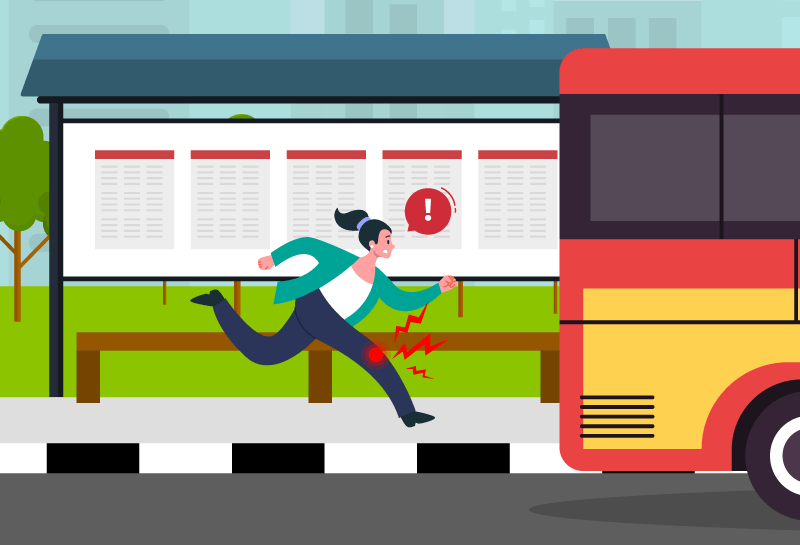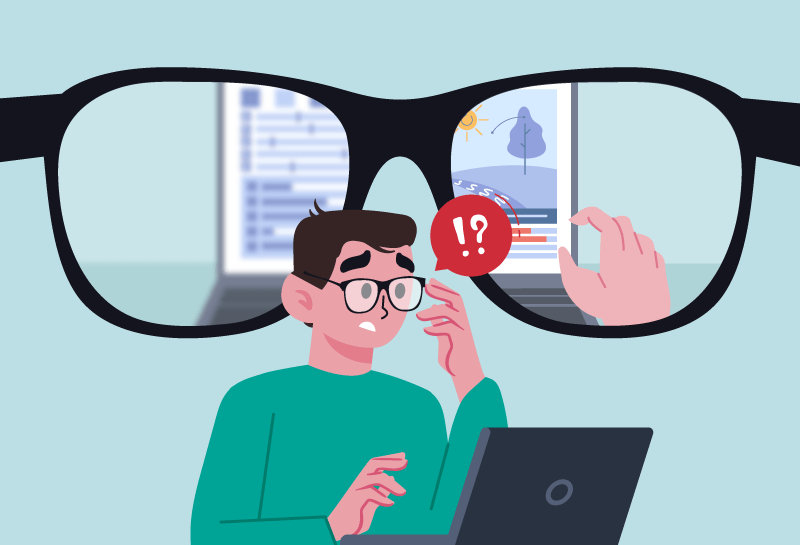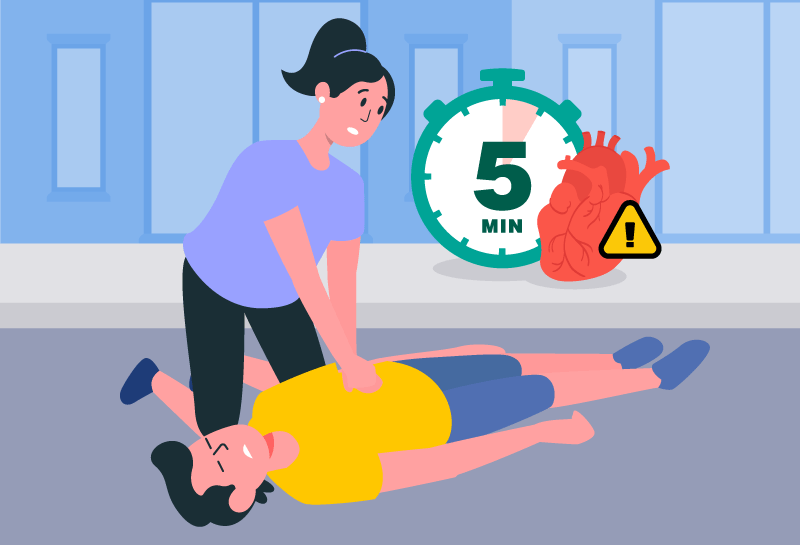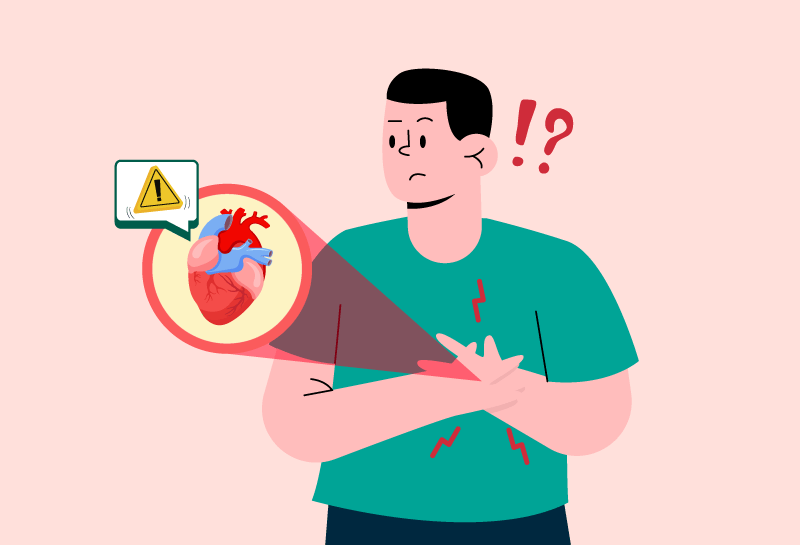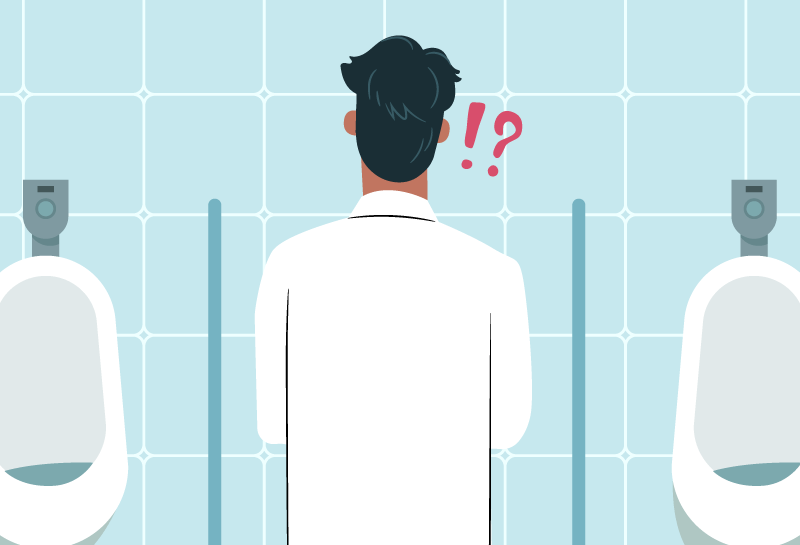What is Psoriasis?
Psoriasis is a chronic autoimmune skin condition characterised by the rapid build-up of skin cells, leading to the formation of thick, silvery scale and itchy, dry, red patches. It is caused by a malfunction in the immune system, where the immune cells mistakenly attack healthy cells.
The life cycle of skin cells is usually about a month, but in psoriasis, this process accelerates to just a few days. As a result, the excessive production of skin cells leads to the accumulation of thick, raised patches on the skin’s surface. Psoriasis can affect any part of the body but often appears on the elbows, knees, scalp, lower back and face.
The exact cause of psoriasis is not fully understood, but it is believed to involve a combination of genetic and environmental factors. It is not contagious.
Psoriasis goes beyond the skin. It’s linked to various comorbidities like arthritis, cardiovascular issues and metabolic syndrome. Recognizing the systemic nature of psoriasis is essential for comprehensive healthcare.
Anyone can get psoriasis, but it is more common in adults than in children. It affects men and women equally.
Psoriasis can vary in severity, with some individuals experiencing only mild, localized symptoms, while others may have more widespread and severe manifestations.
Some of the common symptoms include:
- Patches of thick, red skin with silvery white scales that itch or burn
- Dry, cracked skin that itches or bleeds
- Thick, ridged, pitted nails
- Poor sleep quality
Here are the different types of psoriasis:

Plaque*

Guttate

Pustular

Inverse

Erythrodermic
Treatment options range from topical cream, ointments to oral medications, phototherapy, and in more severe cases, systemic medications or biologics may be prescribed. Management and treatment plans are often tailored to work closely with healthcare professionals to find the most effective treatment for their particular situation.
Discrimination towards individuals with psoriasis is unfortunately not uncommon, primarily due to misconceptions and misunderstandings about the condition. Here are some aspects of discrimination that individuals with psoriasis might face:















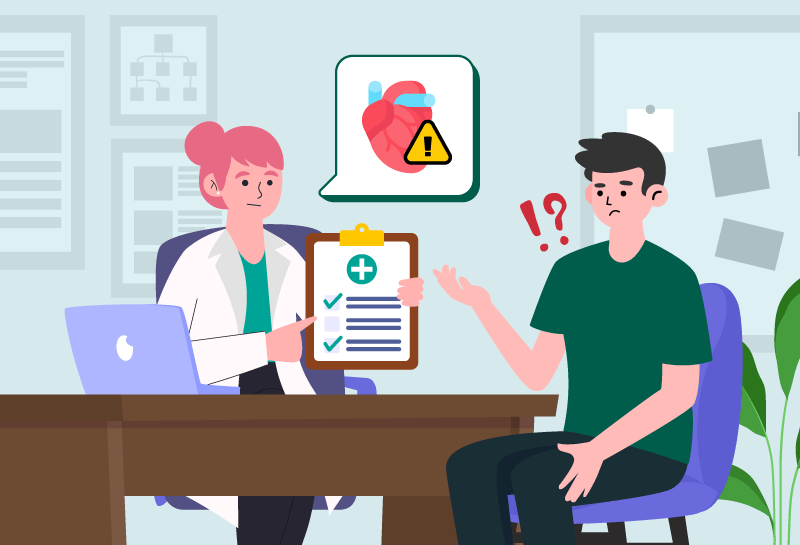
 15 mins read
15 mins read 
